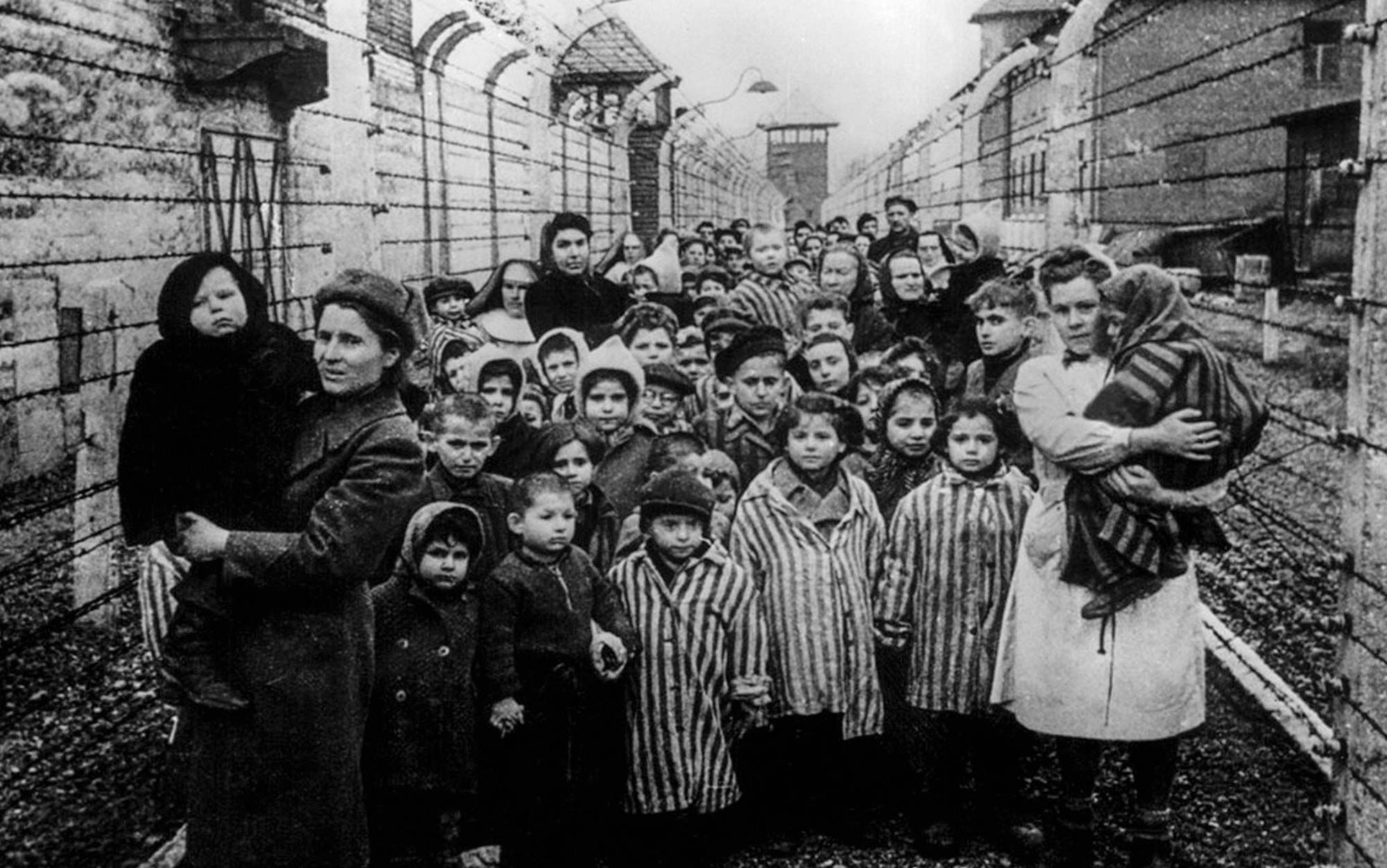by SAMANTHA ROSE HILL

For Hannah Arendt, hope is a dangerous barrier to courageous action. In dark times, the miracle that saves the world is to act
As Hannah Arendt and her husband Heinrich Blücher waited in Montauban, France in the summer of 1940 to receive emergency exit papers they did not give into anxiety or despair. They found bicycles and explored the beautiful French countryside during the day and delighted in the detective novels of Georges Simenon at night. In the words of Helen Wolff: ‘Hannah, in her high-spirited way, made of this anguishing experience a kind of gift of time.’ It was ‘a hiatus within a life of work and duties’.
Which is not how one might be inclined to act when their life is in peril. What enabled Arendt to make a gift of time during such an anguishing experience?
It wasn’t hope.
Arendt was never given to hopeful thinking. As early as 1929, she saw what was happening in Germany, and lost friendships because of it. She despised what she called ‘opportunistic politics’, which ‘leaves behind it a chaos of contradictory interests and apparently hopeless conflicts’. And she turned away from any notion of messianism that might offer redemption in the future. After the war, in a letter to the American philosopher Glenn Gray, she wrote that the only book she recommends to all her students is Hope Against Hope by Nadezhda Mandelstam. Written by the wife of the Russian poet Osip Mandelstam, the devastating memoir details life under Stalin’s regime and the struggle to stay alive. (In Russian, nadezhda means hope.) Arendt called it ‘one of the real documents’ of the 20th century.
Aeon for more
